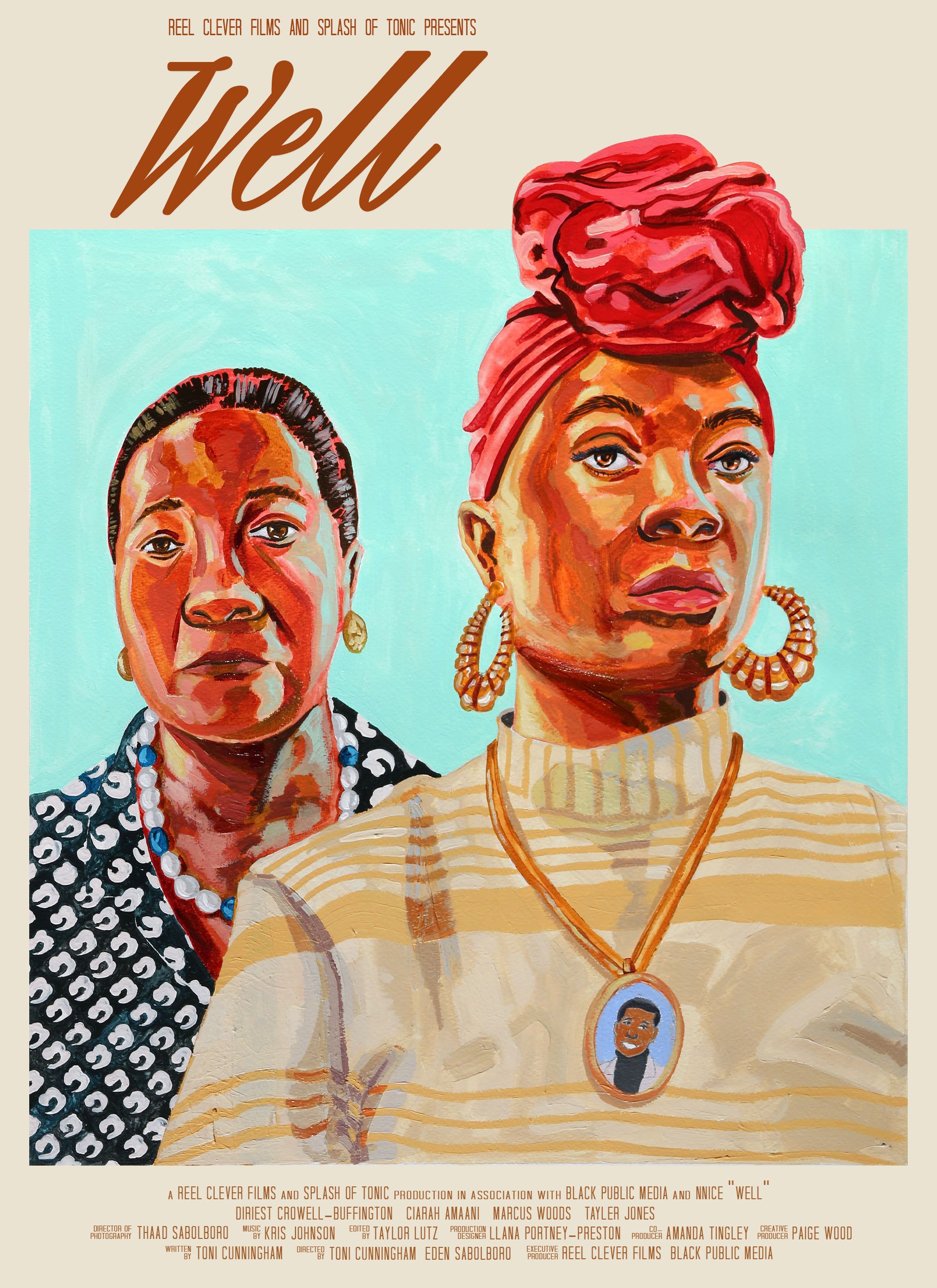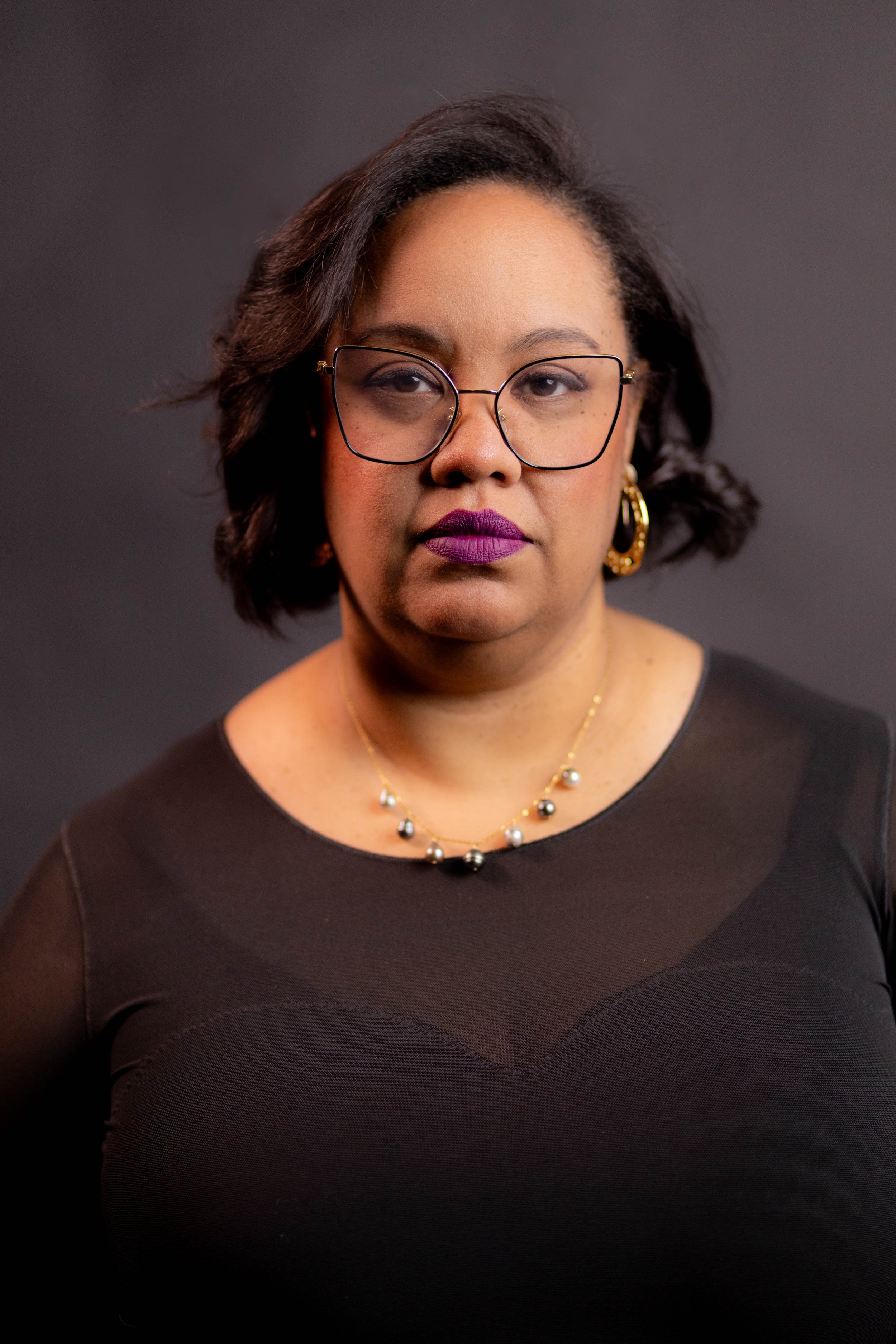Well depicts the story of one Black American family through 50 years as they fight to stay healthy amidst three different crises.
Through the Tuskegee Experiment, the Flint Water Crisis, and now COVID-19, the family has survived endless obstacles to their health. After losing a loved one to COVID-19, the family must reckon with the harm and distrust that has permeated their family for decades.
Screenings
Michigan Science Center | Freep Film Festival
April 11th | PM: 7:00
April 14th | PM: 3:00
Well
Well
CO-DIRECTOR
Toni Cunningham
Website | Instagram | X (Twitter) | LinkedIn
Eden Sabolboro
CO-DIRECTOR
Directors Statement
As a Black woman who was raised in Michigan by a Southern military family, the Tuskegee Experiment is something I grew up knowing a lot about. I was surprised to find that many of my White peers had never heard of it. WELL has become an opportunity to share what the history of that experiment has done to cause distrust among the Black community.
As a Michigander, I have been acutely aware of the Flint Water Crisis since it began when I was in my early 20s. Seeing how poorly it was handled always reminded me of the Tuskegee experiment and solidified in my young mind that very often, marginalized communities are not treated as human.
As it has for all of us, Covid has angered, frustrated, saddened, and moved me via the conversations I hear within my community and my family. WELL was an opportunity to create a story that resonated with many while also opening up lines of communication and expressing how important vaccination is. Additionally, we hope that it will create a sense of empathy in those who may not have previously understood the dark history that has caused this mistrust in the first place.
~Toni Cunningham, Writer/Co-Director
Supporting Partner
This project is supported by the National Network to Innovate for COVID-19 and Adult Vaccine Equity (NNICE) through the Centers for Disease Control and Prevention of the U.S. Department of Health and Human Services (HHS) as part of a financial assistance award totaling $1.76 million with 100 percent funded by CDC/HHS. The contents are those of the author(s) and do not necessarily represent the official views of, nor an endorsement, by CDC/HHS, or the U.S. Government.









